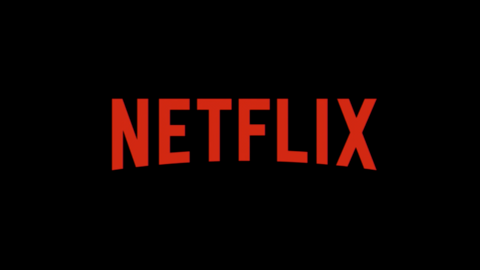Squid Game, the South Korean thriller, has gained worldwide attention on Netflix. However, behind its success lies a troubling tale of the show’s creator, Hwang Dong-hyuk, and his lack of fair compensation. According to a Los Angeles Times report, while the series propelled South Korea’s content production, concerns have arisen about labor practices and the absence of residuals for talents like Hwang.
Initially rejected by local distributors, Squid Game found support in Netflix, which took a risk on the unconventional series. Despite a modest budget of about $2.4 million an episode, the nine-part series increased Netflix’s value by an estimated $900 million.
Squid Game debuted in September 2021 and became a global sensation. It achieved record-breaking viewership, surpassing 100 million viewers at launch and accumulating over 1.65 billion viewing hours in just 28 days. It also boosted Hwang’s profile, but deprived him of significant financial rewards due to relinquishing intellectual property rights and the absence of residuals.
Netflix attributes responsibility for fair treatment to local production partners. However, industry workers argue that conditions on Netflix productions mirror those of other Korean productions. Reports of unpaid labor, long hours, and understaffed productions have surfaced, echoing industry issues.
Despite concerns, South Korea’s reliance on Netflix grows. Some fear that local production companies have limited leverage to negotiate improved conditions due to Netflix’s ability to create global hits at minimal costs.
Unions urge Netflix to address these issues, calling for collective bargaining. However, existing legal obligations for negotiating with unions do not extend to Netflix’s content production model.
As the popularity of Squid Game continues, the need to address fair compensation for its creator and the industry becomes apparent.
Netflix recently revealed the cast for Season 2 of Squid Game.
Every Original Movie Coming To Netflix In 2023





 See More
See More




